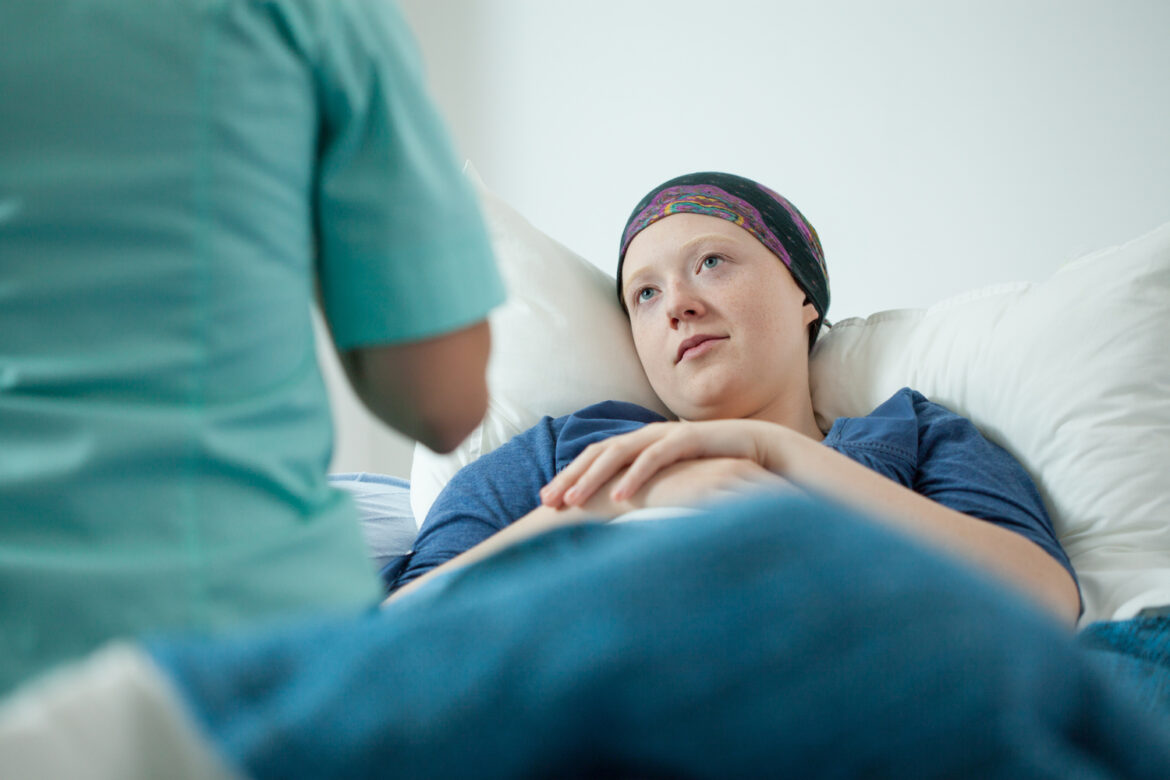Breast cancer occurs when cells mutate within breast tissue and grow uncontrollably. Cancerous cells can also invade healthy breast tissue and spread to different parts of the body. Here’s a guide to understanding breast cancer as a disease.
Symptoms Of Breast Cancer
Since breast cancer doesn’t always show signs in the early stages, it often goes undetected. Breast cancer could manifest in a variety of ways that include:
- The recent development of a lump or swelling in the breast.
- Pain in the breast.
- Red pitting on the skin of the breast.
- Unusual nipple discharge including blood
- Flaking, peeling or scaling of breast or nipple skin
Breast Cancer Types
Classification of breast cancer depends on if it has spread to other body tissue(invasive), or if contained within the breast tissue (non-invasive). Typical forms of breast cancer include:
- Lobular Carcinoma: Cancer cells affect the milk-producing glands and have not spread to other tissue.
- Ductal Carcinoma: Non-invasive cancer that stays confined to ducts in the breast.
- Invasive Lobular Carcinoma: Cancer is defined by mutating calls from breast lobules that invade surrounding tissue.
- Invasive Ductal Carcinoma: Cancer starts in the milk ducts and affects other healthy tissue.
Stages Of Breast Cancer
The size, type, and spread of cancer define the scene. The following are the main stages of breast cancer.
- Stage 1: Tumors less than 2 cm in size.
- Stage 2: Tumors are between 2 and 5 cm or larger than 5 cm without affecting lymph nodes.
- Stage 3: Tumors can be of varying sizes and affect multiple axillary lymph nodes.
- Stage 4: Tumors of any size and mutated cells have affected multiple lymph nodes and organs.
Breast Cancer Diagnosis
Screenings by the use of mammograms and ultrasound are most effective for diagnosing breast cancer. A doctor may also suggest an MRI or biopsy to confirm the diagnosis.
Treatments Available
Depending on the type and stage of the cancer cells, a doctor may recommend a course of treatment. Treatments include the use of radiation, drugs, hormones, and surgery to control the spread of cancer.
Speaking to a medical professional about the availability of screenings can help in early detection, treatment, and can contribute to better survival rates.

